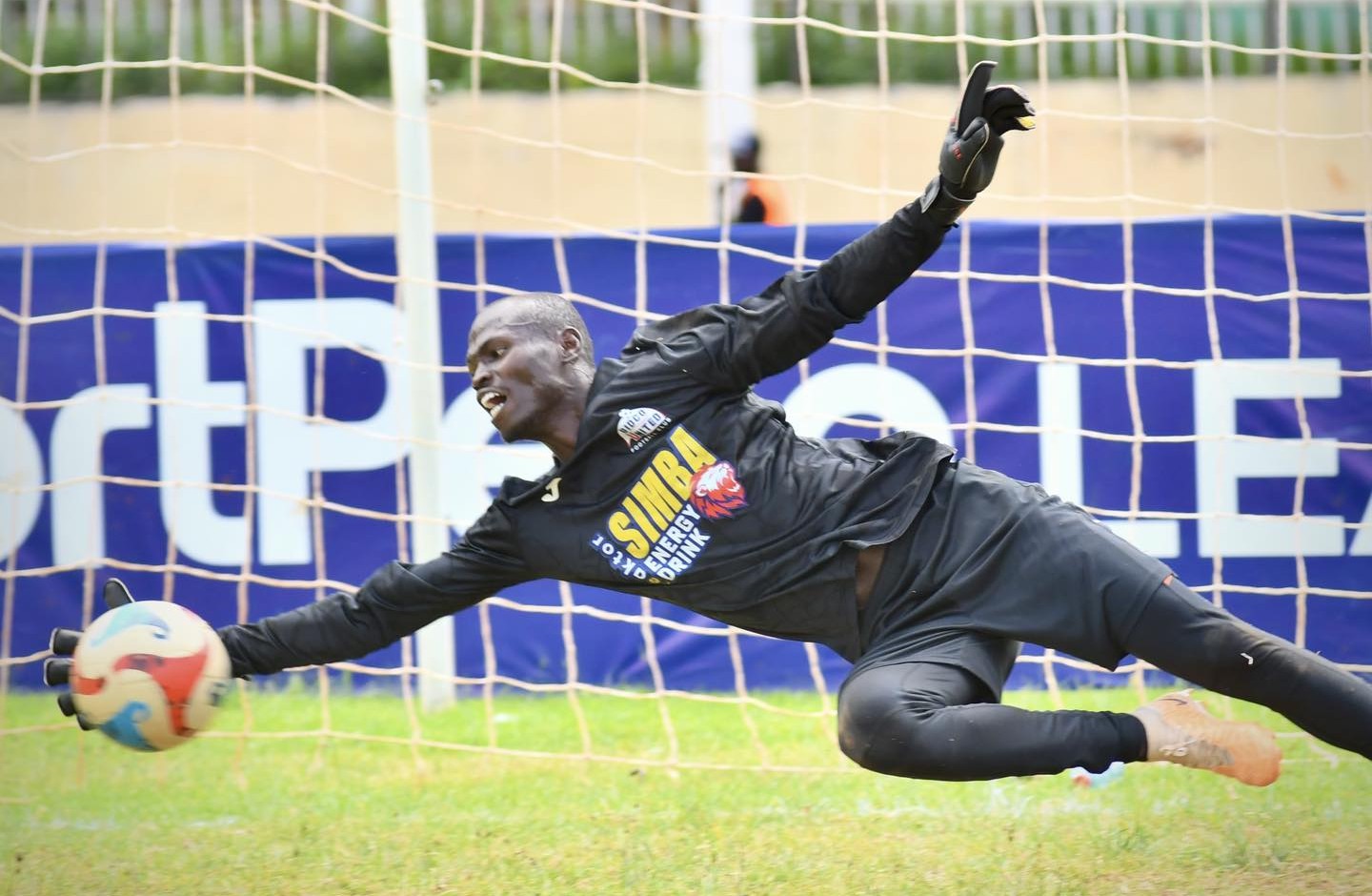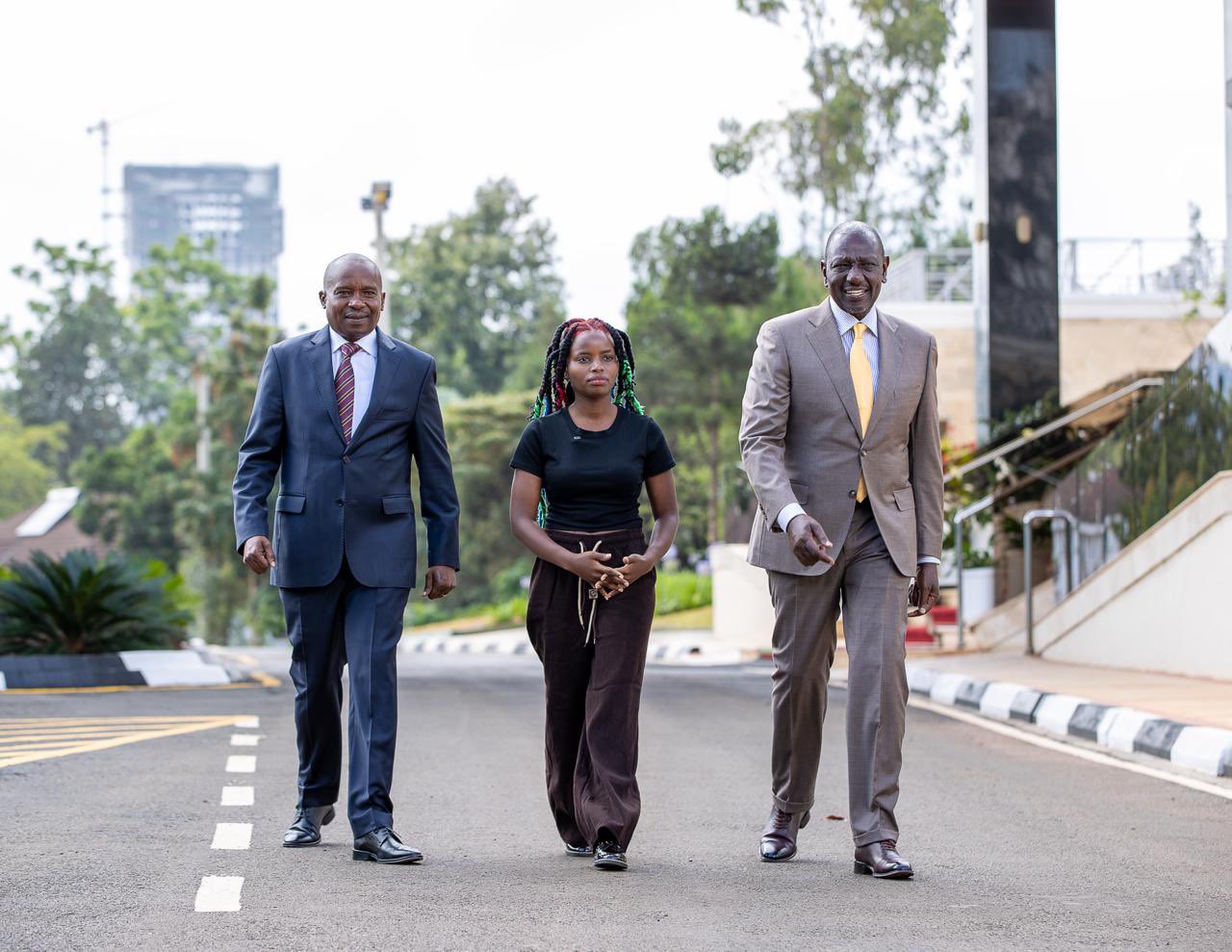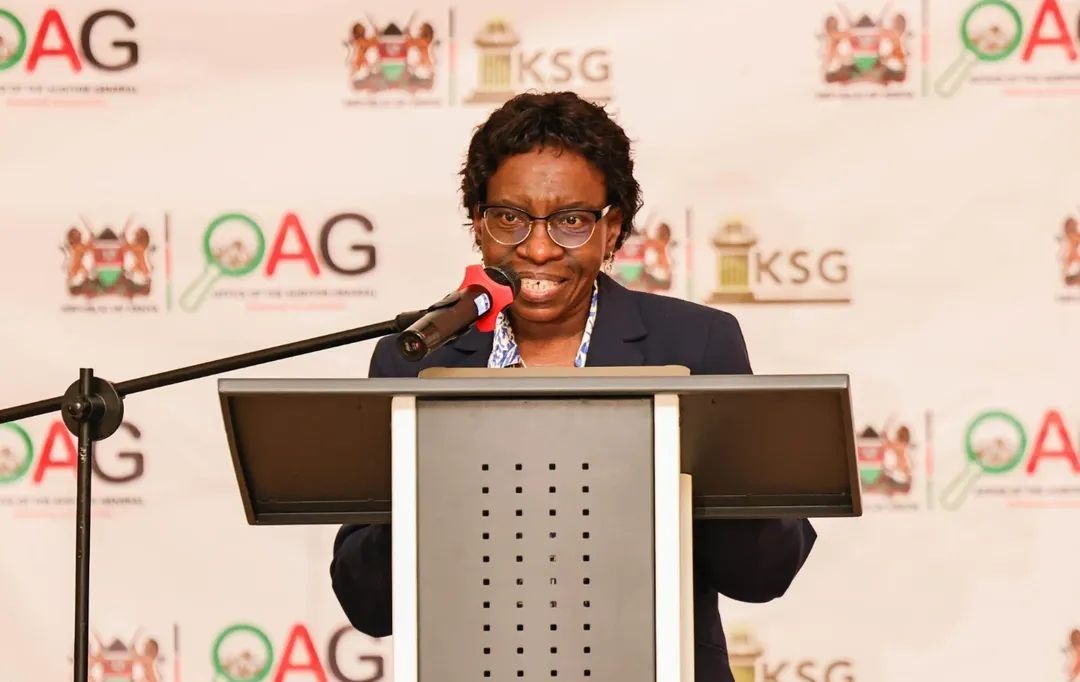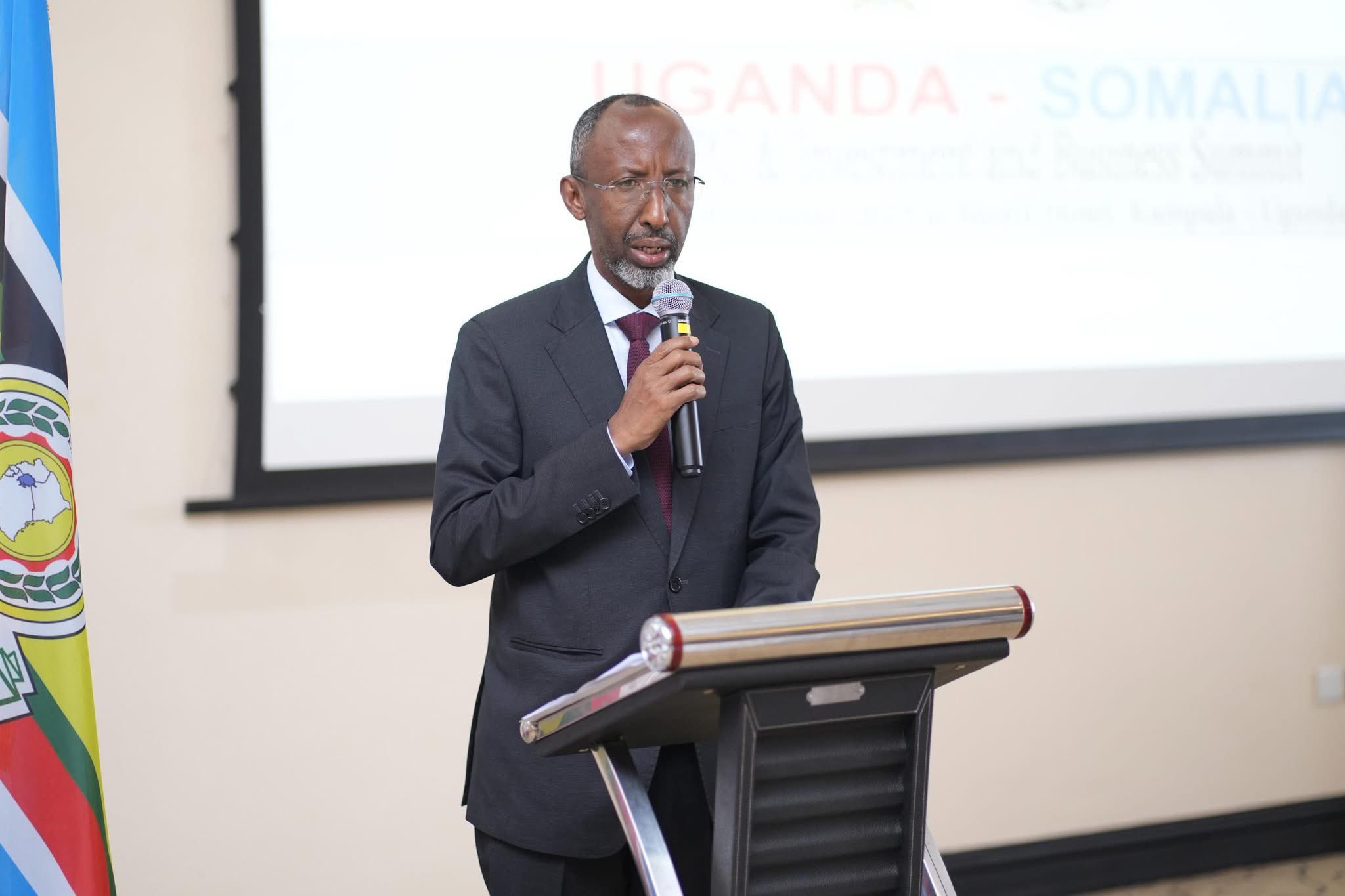Nairobi firm, directors found liable for trafficking Kenyan student to Myanmar

Nyakong'o, who had deferred his studies at Kisii University, told the court he was lured by a promise of a lucrative customer care job in Bangkok, Thailand, paying Sh180,000 per month.
The Employment and Labour Relations Court in Nairobi has found a Nairobi-based company and three of its directors liable for trafficking a Kenyan university student to Myanmar, where he was held captive and forced into online criminal work.
Justice Byram Ongaya on Thursday delivered a landmark judgment in Nyakong'o v Gratify Solutions International Limited & three others, declaring that the respondents jointly engaged in deception, recruitment and transportation of Haron Nyakong'o for purposes of exploitation.
More To Read
- Kenya warns of “sophisticated menace” over citizens trafficked to Southeast Asia
- Kenya's ambassadorial nominee to Thailand Lucy Kiruthu proposes using financial tools to curb human trafficking
- Government announces crackdown on rogue agents targeting Kenyans seeking jobs abroad
- Billion-dollar Asian cyberscam industry spreading globally, UN says
- Back from hell: Survivor of Myanmar jobs scam returns home with scars, horror stories
- 78 more Kenyans rescued from Myanmar arrive home
Nyakong'o, who had deferred his studies at Kisii University, told the court he was lured by a promise of a lucrative customer care job in Bangkok, Thailand, paying Sh180,000 per month.
The court heard that the second respondent, Virginia Wacheke Muriithi, demanded Sh200,000 as a placement fee, of which Nyakong'o paid Sh150,000 through M-Pesa to phone numbers registered in the names of the second and third respondents.
"On December 15, 2024, Nyakong'o travelled from Jomo Kenyatta International Airport in a group allegedly coordinated by the fourth respondent, who guided them through airport clearance. Upon arrival in Thailand, the group was received by unidentified handlers, stripped of their passports and transported to the Thai–Myanmar border. They were then smuggled across the Moei River into a rebel-controlled region in Myanmar," court documents read.
At the compound, Nyakong'o was detained, his belongings confiscated, and subjected to forced labour in highly organised online scamming operations targeting US citizens. According to his account—upheld by the court—he was beaten, threatened, confined, denied food as punishment, forced to eat strange foods, and warned against communication under threat of death. Managers at the compound demanded USD 4,500 for his release, claiming he had been "bought."
Justice Ongaya ruled that the respondents' actions satisfied all three elements of trafficking under Kenya's Counter-Trafficking in Persons Act and the Palermo Protocol: recruitment, deception, transportation and exploitation. The judge noted that although the respondents were not physically present during the abuse in Myanmar, the chain of causation remained unbroken from their illegal recruitment activities in Kenya.
The court awarded Nyakong'o Sh5 million as general compensation for violation of his rights, psychological trauma and inhuman treatment. A permanent injunction was also issued barring the respondents from engaging in any recruitment, transportation or facilitation of Kenyan workers for overseas employment.
However, the court declined to award the claimed Sh720,000 in promised salaries, finding that the purported job offer was fraudulent and not based on a lawful employment contract. Claims for special damages were also dismissed for lack of supporting submissions.
Nyakong'o was rescued on April 4, 2025, by military forces and repatriated to Kenya. The judgment now adds to a growing jurisprudence on human trafficking networks exploiting Kenyan youth through deceptive foreign job placements.
Top Stories Today
Reader Comments
Trending











































